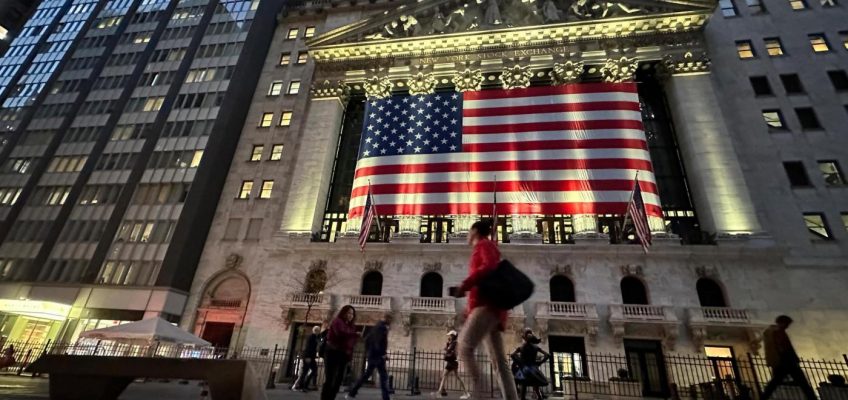RUTGERS vs. MINNESOTA
When: 11 a.m. Saturday
Where: Huntington Bank Stadium
TV: Big Ten Network
Radio: KFAN, 100.3 FM
Weather: 68 degrees, sunny, 12 mph south wind
Betting spread: Gophers, minus-4.5
Records: Gophers (2-1, 0-0 Big Ten) were off last week after a 27-14 loss to California on Sept. 13. Rutgers (3-1, 1-0) lost 38-28 to Iowa last Friday.
History: Minnesota is 3-1 all-time against Rutgers, but lost 26-19 in Piscataway, N.J. last November.
Big question: Can Gophers eliminate self-inflicted mistakes? They only had themselves to blame for the Cal loss and will need to eliminate miscues and get a win with a trip to defending national champion Ohio State up next.
Key matchup: Gophers cornerbacks vs. Rutgers receivers. 6-foot-6 KJ Duff and 6-3 Ian Strong provide matchup problems for the U’s corners Za’Quan Bryan (5-10), John Nestor (6-1) and Mike Gerald (6-0). Duff and Strong have 24 receptions apiece.
Who has the edge?
Gophers offense vs. Rutgers defense: Minnesota fans know Knights’ defensive coordinator Robb Smith; P.J. Fleck fired him from that same role at the U in the middle of 2018 season. Now, Smith has reunited with Rutgers head coach Greg Schiano for a third time. Smith’s defense this year has struggled — which is not unlike his 21-game stint at the U. The Knights are 123rd in the country, allowing 6.45 yards per play. … The health of the Gophers running backs remains a concern. Darius Taylor (hamstring) missed the Cal game and AJ Turner (knee) left the Cal game. Fame Ijeboi was the most productive replacement, averaging 5.3 yards per carry, while Cam Davis managed only 2.9 against the Golden Bears. … Rutgers lost seven of its top 10 tacklers from last season and LB Moses Walker exited the Iowa loss with a non-contact injury. Rutgers has had eight other players go down with season-ending injuries. …. Edge rusher Eric O’Neill is a problem. After 13 sacks at James Madison last year, he has 10 pressures, 1 1/2 sacks and three more tackles for lost yards this season. While he isn’t the biggest (6-foot-3, 260 pounds), he has a non-stop motor. … QB Drake Lindsey has only 11 attempts beyond 20 yards, with four completed; that needs to increase. EDGE: Gophers
Gophers defense vs. Rutgers offense: Head coach Greg Schiano, a Fleck mentor, heaped praise on Minnesota’s defense, repeatedly citing how the U has the “best defense in the nation” in his Monday news conference. While that is statistically correct — the Gophers total defense is ranked No. 1, allowing 177 yards per game — that is skewed by Northwestern State managing only 42 yards. Cal put up 340 total yards two weeks ago. … Former Gophers QB Athan Kaliakmanis is having a career year, with 68% completions and 289 passing yards per game. Last season, he completed 53% at Rutgers which was the same percentage he had across his two years at Minnesota. … The Gophers did not consistently blitz Kaliakmanis in the first half last year and he had huge success. In the second half, the U brought pressure and quieted him. Defensive coordinator Danny Collins said it’s not as simple as bringing more than four rushers, citing Kaliakmanis’ 77% completions when blitzed this season. Iowa brought more pressure last weekend with success, including Kaliakmanis’ only interception this season. … Former Gophers offensive coordinator Kirk Ciarrocca’s run-pass option (RPO) concept will look very familiar to U fans. RB Antwan Raymond is averaging 5.1 yards per carry, with seven touchdowns. Kaliakmanis had two keepers go for TDs against the Hawkeyes. Rutgers is down to third-string left tackle Ty Needham, which could have Anthony Smith (three sacks) teeing off. EDGE: Rutgers
Special teams: Schiano specializes in special teams and they have blocked three kicks/punts this season. K Jai Patel was rolling with 18 straight field goals going into Iowa, but missed one and had another blocked. … PR Koi Perich muffed a punt that led to Cal surging ahead two weeks ago. K Brady Denaburg missed a 51-yarder in Berkeley after making four straight to start the season. EDGE: Rutgers
Prediction: The Gophers’ loss to Cal looks worse after San Diego State shutout the Golden Bears 34-0 last Saturday, but Minnesota had a bye week to stew on the defeat and added time to prepare and get healthier. Gophers win a nail biter, 21-20.
Related Articles
College football: Coaching carousel begins, but Gophers have taken steps to retain P.J. Fleck
Gophers football: Athan Kaliakmanis’ dad takes another swipe at P.J. Fleck
Q&A: Gophers AD Mark Coyle on budget deficit, revenue sharing and Big Ten expansion
Gophers football: One big missed call looms over Cal loss
Gophers football: Koi Perich must ‘swallow the pill of adversity’




